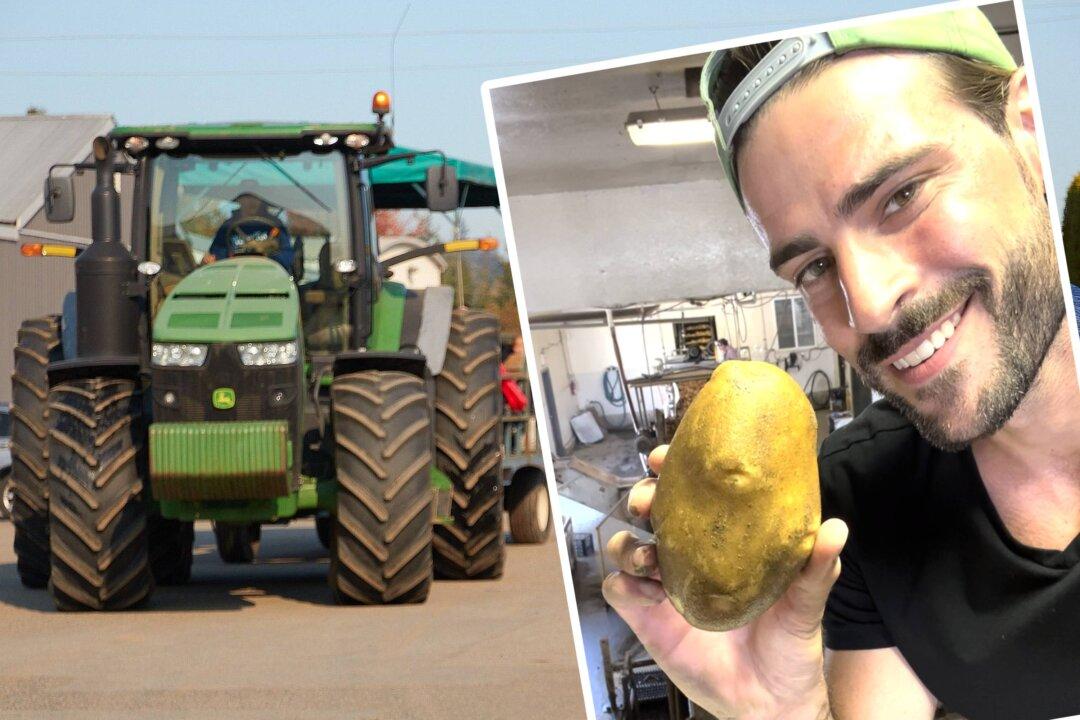When 30-year-old Canadian Tyler Heppell swore never to come back to his family farm after enduring what he considered “slave labor” as a teenager, he would never have believed that life would take him straight back to the land.
In February of 2022, Heppell was in the midst of a job search and had received two offers when his dad mentioned there was a position open at the family farm, Heppell Potato Corp., in Cloverdale, British Columbia.






